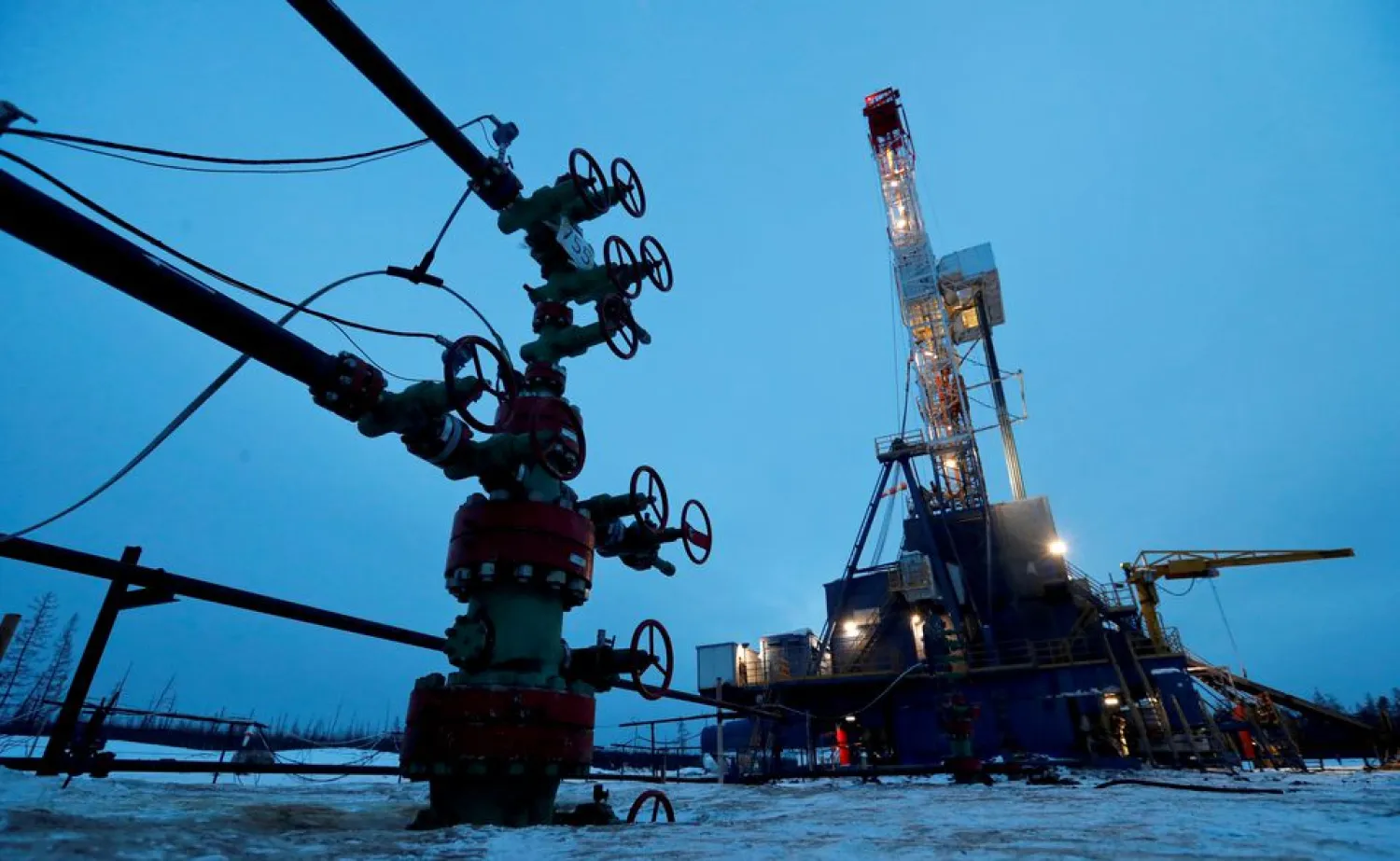Oil prices edged up on Thursday for a third consecutive session over positive developments around COVID-19, even as China imposed new travel curbs and Australia reinstated restrictions to combat surging cases.
US West Texas Intermediate (WTI) crude futures rose 10 cents, or 0.1%, to $72.86 a barrel at 0625 GMT after jumping 2.3% in the previous session, Reuters reported.
Brent crude futures also gained 8 cents, or 0.1%, to $75.37 a barrel, extending a 1.8% gain in the previous session, it said.
The big gains on Wednesday were partly spurred by a larger-than-expected drawdown in US crude stockpiles last week.
"Oil's direction is entirely reliant on omicron headlines, and as long as they stay more contagious but less virulent, oil's rally is likely to continue, with intra-day ranges exacerbated by thin liquidity," Jeffrey Halley, senior analyst at OANDA, said in a note.
The United States overnight authorized Pfizer Inc's antiviral COVID-19 pill for people ages 12 and older, the first oral and at-home treatment as well as a new tool against the fast-spreading Omicron variant.
Meanwhile, a South African study suggested that those infected with Omicron were much less likely to end up in hospital than those with the Delta strain.
A weaker US dollar buoys oil markets as it makes commodities cheaper for those holding other currencies. The dollar fell to near a one-week low after data on Wednesday showed US consumer confidence improving more than expected in December.
Oil's climb has come even as governments reimposed a range of restrictions to slow the spread of Omicron. The Chinese city of Xian on Wednesday ordered its 13 million residents to stay home, while Scotland imposed gathering limits from Dec. 26 for up to three weeks, and two Australian states reimposed mask mandates as cases surged.
The market has shrugged off the potential impact of mobility restrictions on fuel demand because the Organization of the Petroleum Exporting Countries (OPEC), Russia and allies, together called OPEC+, has left the door open to reviewing their plan to add 400,000 barrels per day of supply in January.









